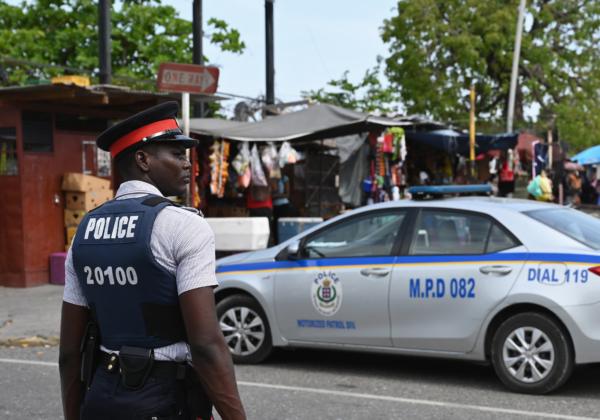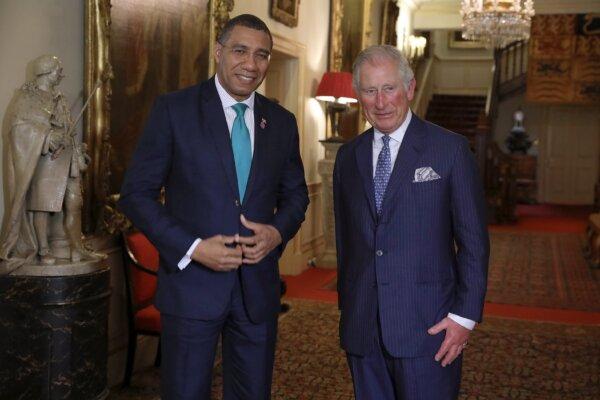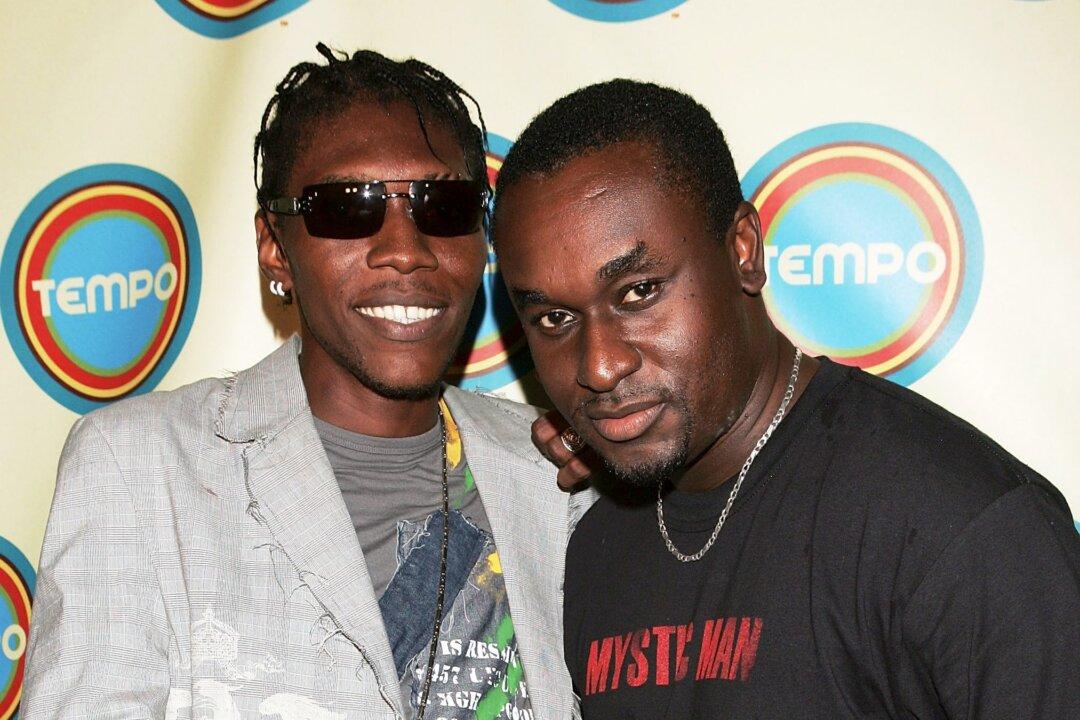Ten years after he was jailed for life for murder in Jamaica, lawyers for reggae star Vybz Kartel are appealing against his conviction at the judicial committee of the Privy Council (JCPC) in London.
Vybz Kartel—real name Adidja Palmer—is appealing along with co-defendants Shawn Campbell, Kahira Jones and Andre St John, who were all convicted of murdering Clive “Lizard” Williams in Jamaica on Aug. 16, 2011.
Kartel is a household name in Jamaica, where he had a number of dancehall reggae hit songs, including “Fever”, “Guns Like Mine” and “Bad Man.”
But Jamaica became independent in 1962, so why do people there still have a right to appeal to the King 4,500 miles away in London?
The UK Supreme Court is the final appeal court for those convicted in Britain.
Several territories which were once part of the British Empire set up their own supreme courts, such as Canada in 1949 and India in 1950, while Australia removed the last right of appeal to the JCPC only in 1986.
‘Appeal to his Majesty in Council’
In the case of Vybz Kartel and his co-defendants, they had an appeal rejected by Jamaica’s highest court and, as it states on the JCPC website, “The appellants now appeal to His Majesty in Council.”In 1965, capital punishment was abolished by the British Parliament but several Caribbean countries retain the death penalty.
Pringle had been convicted of murdering a U.S. musician, Kevan Davidson, who had previously accused him of raping and robbing her.
Jamaica still has the death penalty on its statute books, but Kartel and his co-defendants were instead given life sentences. The musician was given a minimum tariff of 35 years.
The main plank of the appeal by the four convicted murderers was that the police had broken the law when they seized mobile phones belonging to Kartel, Campbell and a key witness, Lenard Chow, and compelled phone network Digicel to give them access to messages and call records which became an essential part of the prosecution.
A BlackBerry Torch belonging to Kartel and its SIM card were crucial pieces of evidence which linked him to Mr. Williams’ murder.
The original murder trial heard Mr. Williams was murdered after he failed to return two unlicensed guns which Kartel had given him for safekeeping.
Admissibility of Phone Data at Heart of Appeal
Lawyers for the four say, “The police took the appellants into custody on Sep. 30, 2011 and seized their cellular telephones. The prosecution relied heavily on evidence derived from these phones, which was taken from a copy of a CD Rom provided by Digicel ... in response to a police request.”“At the trial, the appellants challenged the admissibility of this telecommunications evidence. They argued that the police request to Digicel and Digicel’s provision of data to the police were carried out in breach of the Interception of Communications Act,” they add.
The trial judge ruled the telecommunications evidence was admissible.
A second plank of the appeal is the trial judge’s decision to continue with the trial after it emerged one of the jurors, Livingstone Caine, had attempted to bribe other jurors with 500,000 Jamaican dollars (£2,540) each if they acquitted Kartel.
Corrupt Juror’s Bribes Offer was ‘Poison’
Hugh Southey, KC, counsel for Jones and St John, told the hearing on Wednesday: “One of the concerns that arises in relation to juries is that ... the longer the poison has been circulating, the harder it is to effectively produce a fair trial.”He said it was unclear how long the “poison” of Caine’s corrupt influence had been circulating in the jury.
The two-day JCPC hearing before Lord Reed, Lord Lloyd-Jones, Lord Briggs, Lord Burrows and Lady Simler is due to end on Thursday and a ruling is expected later in the year.

But the JCPC is unlikely to remain the court of last resort for Jamaica for much longer.
Based in the Trinidadian capital, Port of Spain, it is the supreme court for several Caribbean countries, including Barbados, which became a republic in 2021.

She said it was time to, “end judicial surveillance from London.”
Ms. Simpson Miller’s People’s National Party lost power in 2016 but her successor, Andrew Holness of the right-of-centre Jamaica Labour Party, said in 2022 he intended to make the island a republic by 2025.
If that were to happen, convicted killers like Vybz Kartel would no longer be able to appeal to the British monarch, and would instead have their final appeal heard by the CCJ in Trinidad.







